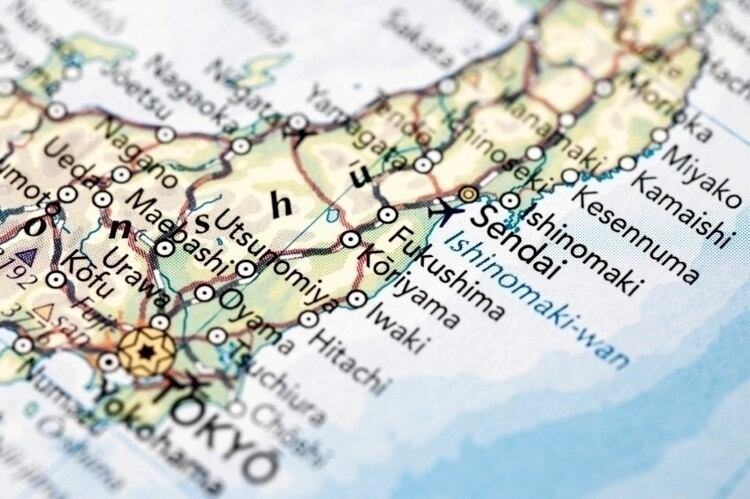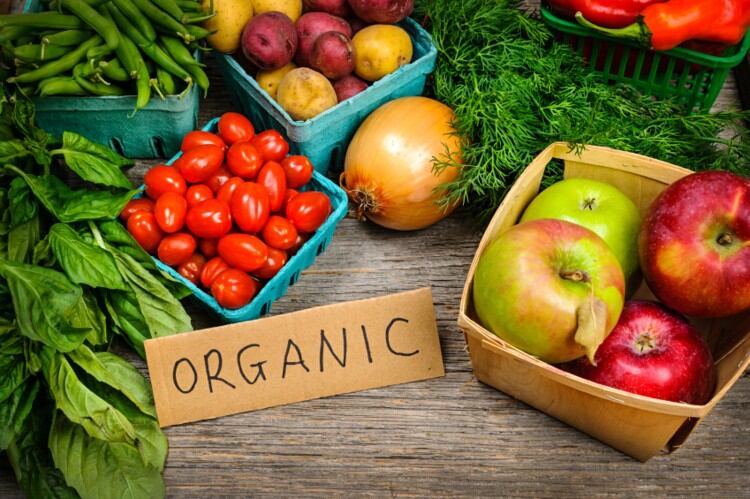Ocean Trading, from Shiga Prefecture, has a 45-year pedigree and turnover of JPY23bn (US$207m) and specialises in importing seafood, fruit and vegetables.
The company has a 30% share of the raw Norwegian salmon market in Japan and is on the lookout for new overseas partners.
But in order to succeed in Japan, the firm stressed three key qualities it was looking for at the recent FoodEx Japan show in Tokyo.
1) Safety and peace of mind
According to Ocean Trading, the introduction of HACCP or a similar production management standard is an essential condition.
Furthermore, it notes that GMO-free and anti-biotechnology credentials are increasingly important.
“We cannot do business with a company that doesn't even know about the global certification systems that ensure food safety and the sustainability of resources,” said the firm.
2) Speedy response
Overseas firms need to be aware that retailers or manufacturers demand rapid responses to queries.
The firm points out that business relationships in Japan can differ to other nations, and that local understanding is key to success.
“When we receive a question or complaint from a customer about a product, we are told ‘I want you to answer immediately’. It is a Japanese trading custom that questions and complaints should receive a swift response, so we find it difficult to keep doing business with companies that respond slowly.”
3) Sincerity is crucial
Above all else, successful business relationships in Japan are based on trust, insisted the company.
“We have had the experience of confirming a production process in advance, and then going to see it on site, and finding the process to be something completely different. As you may know, the audit standards for frozen foods and processed foods are extremely strict. In particular, the bigger the buyer company is, the stricter their standards are.”
This is why it is crucial that all companies involved in the relationship are open and transparent, added the company.




